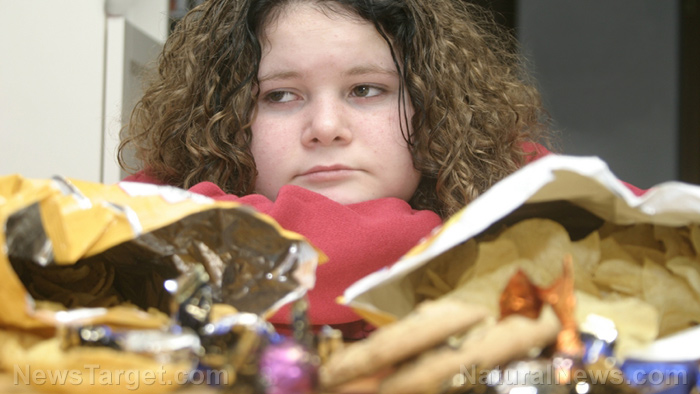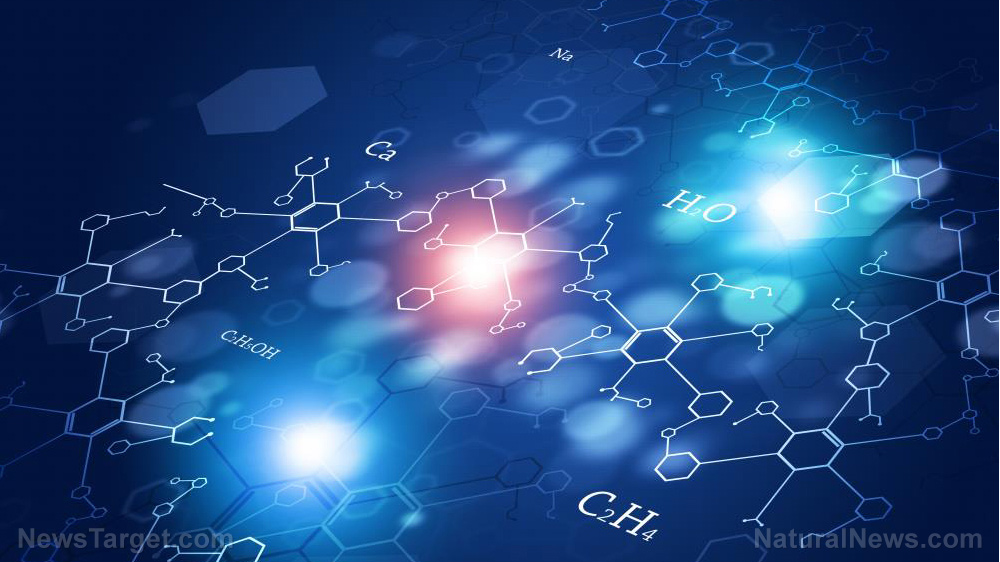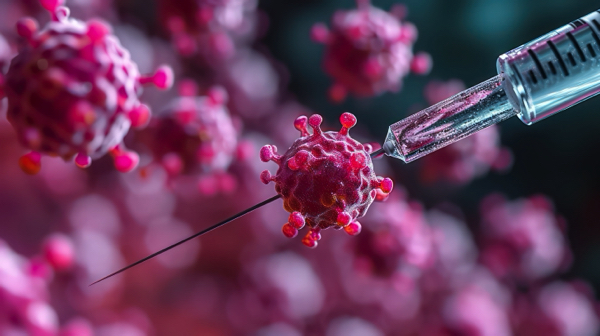NEW STUDY: Autism is not just a neurological condition but a whole system disorder driven by environmental toxins
11/20/2024 / By Laura Harris

A new study has discovered that autism spectrum disorder (ASD) is not just a neurological condition but a whole system disorder driven by environmental toxins.
The review, authored by Brian Hooker, Ph.D., Children’s Health Defense (CHD) chief scientific officer, Jeet Varia, Ph.D., CHD science fellow, and Martha Herbert, M.D., Ph.D., a pediatric neurologist and neuroscientist, analyzed findings from 519 studies. The authors argued that ASD involves complex interactions between the immune, digestive and central nervous systems, thus, challenging long-held views that focus primarily on its neurological aspects.
According to the authors, scientific evidence suggests that people with ASD are the “canaries in the coal mine.” In other words, people with ASD respond to toxins in food, medicine, personal care products and the environment. This response cannot be explained solely by genetic factors despite over $1 billion in funds invested in genetic autism research over the past decade.
Varia also discussed the interconnection between the immune system, gut microbiome and nervous system, also known as the “magic triangle.” This axis is described as crucial for understanding ASD and overall health. The authors propose that environmental toxins may drive ASD by pushing these systems beyond a “toxic tipping point,” disrupting stress-response mechanisms and contributing to disease. (Related: Study: Early exposure to smartphones, online content linked to increased risk of autism.)
“Chronic or acute xenobiotic activation of the immune system would trigger self-reinforcing disease processes through failed shut-off of stress-responsiveness,” the authors wrote. “ASD therefore is an example of a situation that emerges as things ‘go beyond the tipping point’ at various vulnerable states of neurological and immunological development.”
Herbert, an autism researcher since 1995, concluded: “ASD can no longer be considered just a ‘psychological’ problem – it’s a whole-system problem involving many systems that influence each other.”
Study authors: There is no “magic bullet” for ASD
In line with the results, the authors stress the need for future ASD treatments to move beyond the “reductionist and ‘magic-bullet’ medical paradigm.”
Varia argued that while pharmaceutical drugs may be useful in emergencies, they often cause more harm than good for chronic conditions like ASD. “There is no ‘magic bullet,'” he stated, criticizing the tendency of modern clinicians to rely on medications as if they could address the root causes or symptoms of the disorder. “This single-target perspective tends to neglect consideration of how these medications unintentionally impact the overall regulatory ability of the human organism,” the authors wrote.
Instead, the authors advocate for medications that support the body’s natural regulatory mechanisms rather than disrupting them. They argue that holistic approaches, including “non-pharmacological, nutritional and botanical therapeutic modalities,” have shown promise in alleviating ASD symptoms.
Examples include dietary interventions that have helped parents and clinicians manage and even reverse ASD symptoms and clinical evidence suggesting that mind-body practices like breathwork can improve social communication and cognitive functions and reduce anxiety. The authors call for more research to explore the potential of breathwork as an effective ASD treatment.
“Now that we know definitively that the brain is not an ‘immune-privileged’ organ, it is high time to approach autism from a neuroimmune standpoint,” Hooker stated.
Read more stories about autism at AutismTruthNews.com.
Watch the video below to learn more about the 2nd Brighteon Autism Conference Spring 2023: End The Autism Epidemic.
This video is from the BrighteonTV channel on Brighteon.com.
More related stories:
STUDY: Autism diagnosis rates have tripled in the last decade.
Forced vaccination: 5-year-old develops autism after receiving 18 vaccines in one day.
Acetaminophen is unsafe for kids at any dose because it can cause AUTISM, review finds.
Autism rates in the US on the rise; California seeing record numbers.
Sources include:
Submit a correction >>
Tagged Under:
autism, Autism spectrum disorder, brain damaged, brain health, children's health, environment, health science, magic triangle, Mind, mind body science, neurological, real investigations, research, toxic chemicals, toxic tipping point, toxins
This article may contain statements that reflect the opinion of the author
RECENT NEWS & ARTICLES
Chemicals.News is a fact-based public education website published by Chemicals News Features, LLC.
All content copyright © 2018 by Chemicals News Features, LLC.
Contact Us with Tips or Corrections
All trademarks, registered trademarks and servicemarks mentioned on this site are the property of their respective owners.




















